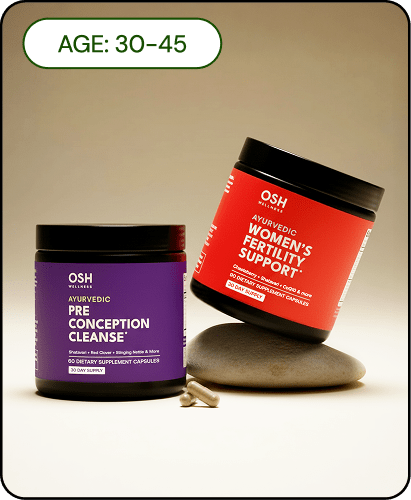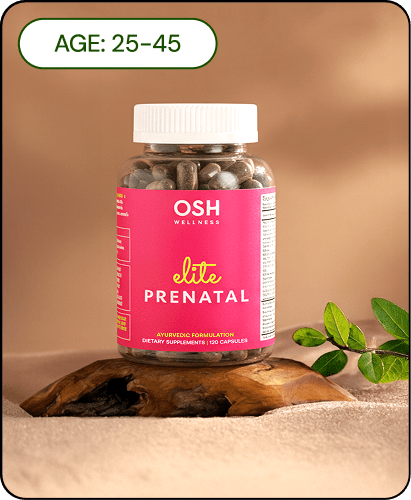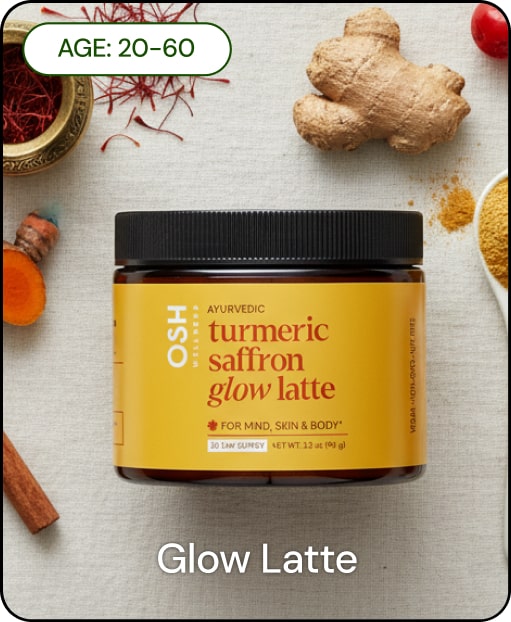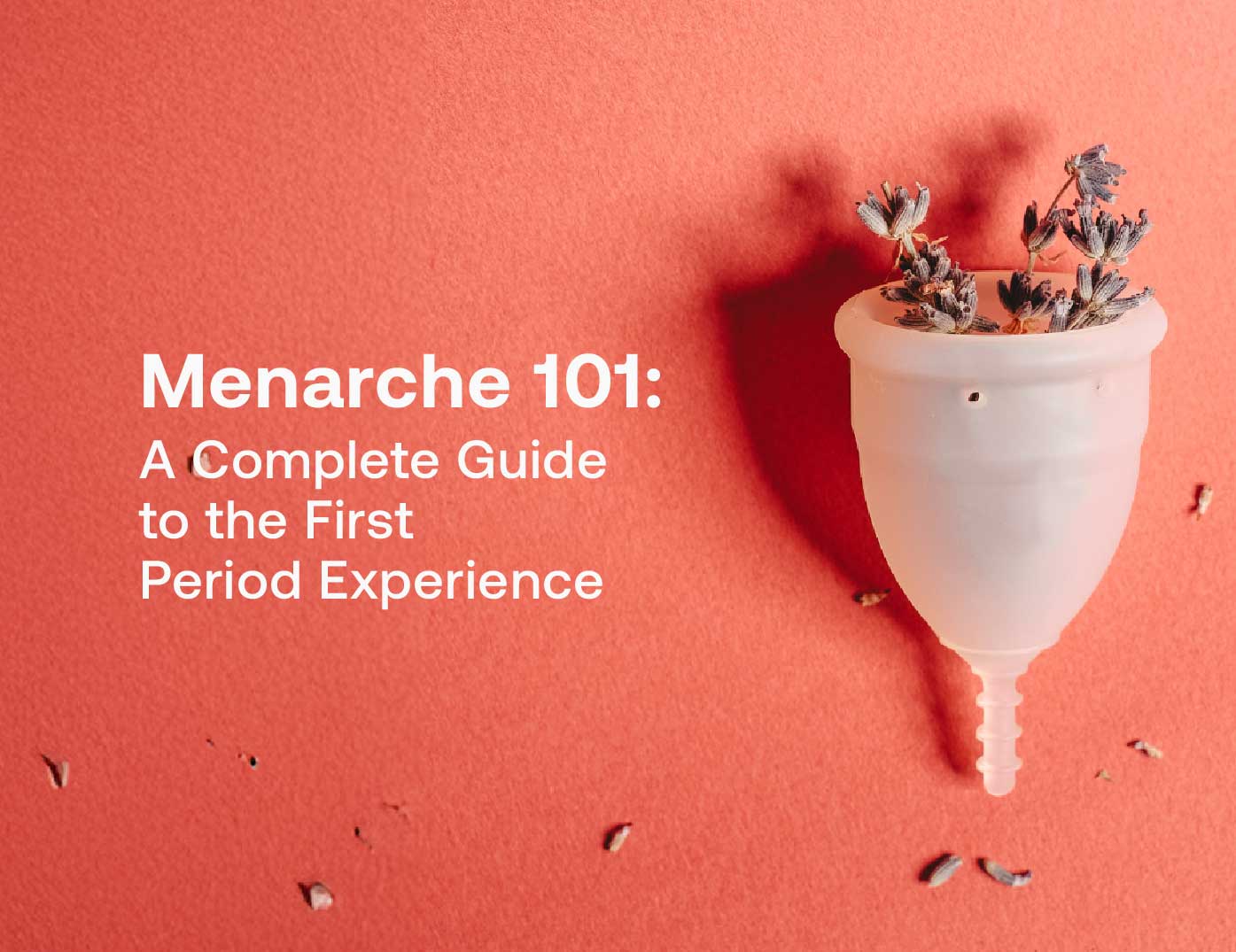Table of contents
Cortisol, often called the stress hormone, is essential for various bodily functions, including metabolism and immune response. With escalating stress levels in modern life, particularly for women aged 30-48, managing cortisol is crucial. Chronic stress can lead to hormonal imbalances, anxiety, and weight gain. This article explores dietary strategies, natural supplements, lifestyle modifications, and integrated approaches to balance cortisol levels, enhancing overall well-being and empowering women to reclaim hormonal balance.
Introduction to Cortisol and Its Importance

Cortisol is a vital hormone produced by the adrenal glands, playing an important role in the body’s response to stress. Often known as the "stress hormone", cortisol helps regulate key functions such as metabolism, blood pressure, and immune defenses. Its impact is especially significant for women aged 40 to 55, who often experience hormonal changes that intensify stress.
Cortisol is released during the 'fight or flight' response, governed by the hypothalamic-pituitary-adrenal (HPA) axis, which ensures that cortisol levels are appropriately regulated throughout the day. It typically spikes in the morning and decreases by evening to support natural energy cycles and restfulness.
Chronic stress causes prolonged cortisol elevation, negatively impacting immune function, skin health, fertility, and mood. These effects are magnified during periods of hormonal fluctuation, common in mid-life women. Research reveals that while cortisol is beneficial for short-term energy boosts, persistently high levels may disrupt bodily systems and increase risks for metabolic and cardiovascular disorders. Understanding this hormone’s role can help inform better health practices.
The Connection Between Cortisol and Health

Chronic elevation of cortisol can have widespread effects on a woman’s health. Elevated levels contribute to abdominal weight gain and facial fat accumulation, which are distinct markers of cortisol imbalance¹. Physically, this comes with symptoms like thinning skin, easier bruising, and slower healing.
In addition, cortisol disrupts reproductive health by causing irregular menstrual cycles and reducing sexual desire. These effects are often intensified by the mental load of balancing career, family, and social expectations.
Psychologically, high cortisol levels can lead to anxiety, depression, or cognitive issues such as forgetfulness and difficulty focusing. For women managing busy lifestyles, recognizing these symptoms and addressing the root cause becomes crucial to long-term well-being.
Dietary Approaches to Balance Cortisol Levels

One of the most accessible tools for regulating cortisol is diet. A plant-rich, nutrient-dense diet supports hormonal balance and stress resilience. Diets like the Mediterranean diet high in fruits, vegetables, whole grains, and healthy fats are associated with lower cortisol levels.
Key dietary strategies include:
Fiber-rich foods (legumes, whole grains) - Aid in reducing anxiety and balancing blood sugar
Magnesium-rich foods (spinach, pumpkin seeds, almonds) - Support calmness and adrenal health
Omega-3s (salmon, chia seeds, walnuts) - Reduce inflammation and cortisol
Probiotic foods (yogurt, kefir, kimchi) - Improve gut health and stress resistance
Antioxidants (berries, dark chocolate) - Combat oxidative stress that elevates cortisol
To maximize results, it’s important to limit excess caffeine and sugar, and maintain hydration and consistent meal timing. These practices stabilize blood sugar and help prevent cortisol spikes.
Natural Supplements for Stress Relief

Supplementing your routine with evidence-backed natural remedies can enhance cortisol regulation. Notable options include:
Ashwagandha — An adaptogen that supports adrenal health, reduces serum cortisol, and improves sleep
Rhodiola Rosea — Helps modulate the stress response and minimize burnout
Omega-3 supplements — Promote emotional balance while lowering systemic inflammation
Magnesium — Restores key mineral levels often depleted by stress and supports nervous system health
These supplements are most effective when paired with lifestyle changes and should be used under medical guidance, especially for those with existing medical conditions.
Lifestyle Modifications to Reduce Stress

Beyond nutrition, daily habits are pivotal in achieving cortisol balance. Effective lifestyle modifications include:
Meditation: Practicing mindfulness calms the nervous system and lowers stress hormone output
Yoga: Combines movement and breath work to regulate the HPA axis
Deep breathing exercises: Practicing diaphragmatic breathing reduces anxiety and signals the body to relax
Tai Chi: Gentle movements combined with focused attention help reduce cortisol dramatically
Incorporating enjoyable physical activities like walking or dancing can provide daily stress relief. Pair these with relaxation techniques like muscle relaxation or grounding for best results.
Creating a Comprehensive Plan for Cortisol Management
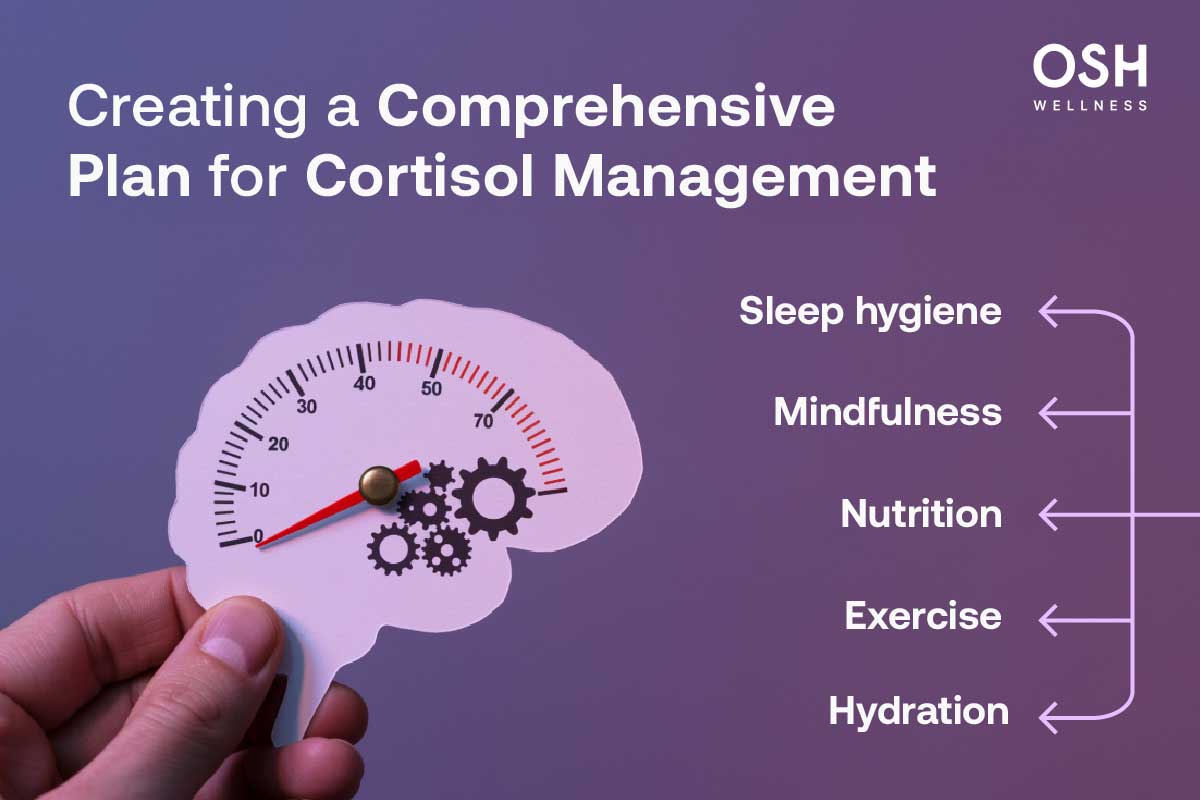
Managing cortisol effectively requires a broad, consistent approach:
Sleep hygiene - Aim for 7–9 hours nightly; wind down with a screen-free routine and a fixed bedtime
Mindfulness - Add meditation and deep breathing to your morning or evening rituals
Nutrition — Stick to whole foods, reduce caffeine and sugar, and include magnesium and omega-3s
Exercise - Moderate movement (e.g., brisk walking 30 minutes a day) supports cortisol balance
Hydration - Drink plenty of water and consume water-rich foods daily
Tracking stressors and responses with a journal or wellness app can help you identify what works and make timely adjustments to reduce cortisol overload.
Related Products
Explore Osh Wellness Hormone & Mood Support, a natural formula designed to promote hormonal balance and reduce stress. Infused with adaptogens and nutrients, it supports cortisol regulation and integrates seamlessly into your stress management plan.
Conclusions

Balancing cortisol is a foundational step in optimizing health for women in their 40s and 50s. By combining nutritional strategies, natural supplements, and holistic lifestyle practices, women can regain control over stress and their hormones. With informed choices and consistent action, it’s possible to cultivate resilience, regulate mood, and boost overall quality of life.
FAQs
What are symptoms of high cortisol levels?
Fatigue, weight gain, mood swings, and poor sleep.
How can diet affect cortisol levels?
Balanced, nutrient-rich diets support hormonal equilibrium and reduce stress.
Are supplements safe for everyone?
Consult a healthcare provider especially if you're on medication or have existing conditions.
How long does it take to see results from lifestyle changes?
Some improvements are visible within a few weeks, but lasting change takes consistent effort.
What practices are most effective in reducing stress?
Meditation, sleep, nutrient-rich diets, and physical activity provide strong results.


